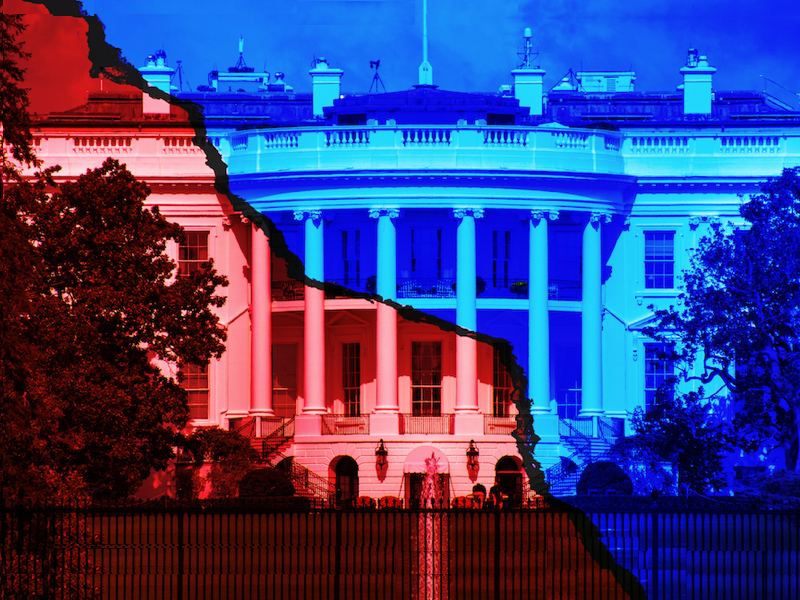
The prospect of sweeping tax cuts under a Republican-dominated Congress poses a risk to the U.S. government’s fiscal strength, says Fitch Ratings.
In a report Thursday, the rating agency said the election results — including the Republicans regaining control of the Senate and the presidency, and likely retaining their majority in the House of Representatives — significantly increase the odds of core campaign promises being adopted. That includes further tax cuts, higher tariffs and a crackdown on immigration.
Fitch said its fiscal forecast for the U.S. already assumed that most of the 2017 tax cuts would be extended, however any additional action to cut taxes would lead to higher deficits, unless they are offset with spending cuts or government revenue gains elsewhere.
In its report, the rating agency noted that, despite strong economic growth, the U.S. fiscal position has deteriorated since its sovereign rating was downgraded by Fitch in 2023.
“Our expectations for a continued steady rise of the general government debt to GDP ratio to 122% in 2026 from 115% this year is around 1.5 percentage points higher than our baseline assumptions at the time of the downgrade,” the rating agency said.
These strains stand to intensify if further tax cuts are enacted.
“Other tax-related promises made by [Donald] Trump point to additional risk to our deficit forecast in 2025 and 2026,” Fitch said. The rating agency noted that Trump also promised a large cut in the corporate tax rate to 15% from the current level of 21%, while also exempting certain types of income including overtime pay, tips and social security benefits from income tax.
“These measures and rising interest rates could also add to deficit pressures,” Fitch said.
While higher tariffs could theoretically replace some of the revenue lost to tax cuts, “tariffs would come at the cost of reduced economic growth and additional inflationary pressures, especially if immigration policies are significantly tightened,” the report said.
Rising government debt relative to GDP would be negative for the U.S. sovereign rating, the rating said, as would growing concerns about governance.
“It could negatively affect the rating if policy coherence and credibility decline in a way that undermines the dollar’s reserve currency status and limits the government’s financing flexibility,” Fitch said.